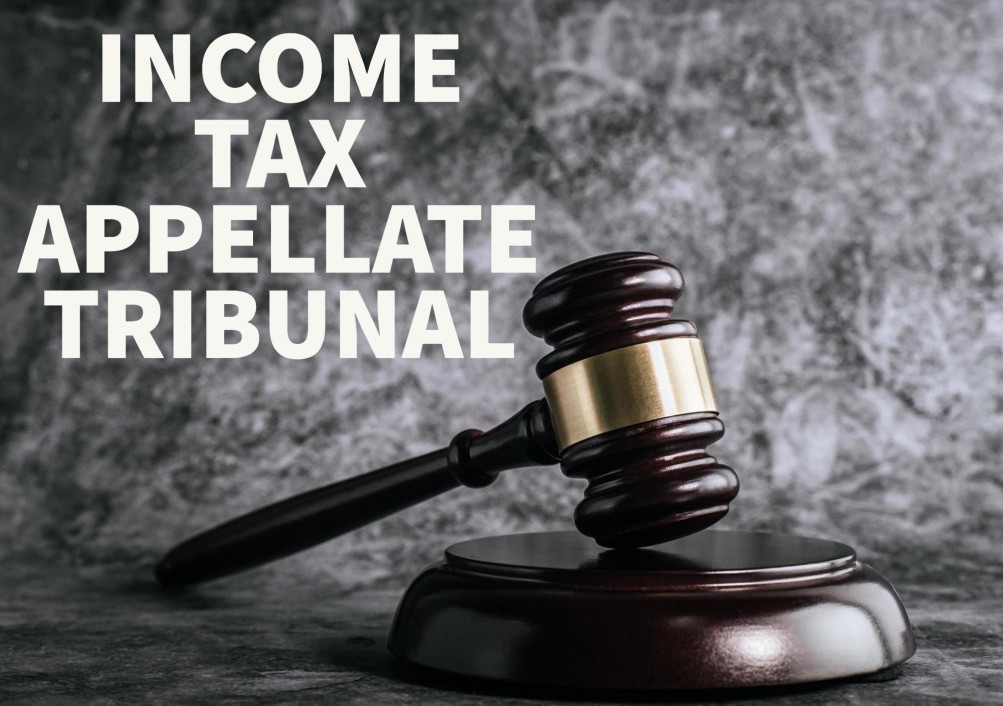Raju, J.@mdash(After stating file facts, the judgment proceeds as under:)
2. u/s 417(3), Criminal Procedure Code, an application for special leave to appeal to the High Court from an order of acquittal is to be filed within the period of 60 days from the date of the order of acquittal. The four applications for special leave to appeal from orders of acquittal were filed after the expiration of 78 days from the date of life orders of acquittal, and prima facie they are barred under Sub-section (4) of Section 417, Cri Pro. Code. But, the learned Counsel for the Municipality contends that he is entitled to the benefit of Section 4 of the Indian Limitation Act, and that the delay, if any, should be condoned u/s 5 of the Limitation Act. He contends that the High Court was closed for vacation from 1st May, 1960, to 12th June, 1960 and that the applications were filed on the clay on which the High Court re-opened. But, the notification announcing the closing of the High Court for the May vacation clearly states that the office of the High Court would remain open for all criminal applications and for urgent civil applications. The High Court was therefore open during the vacation for filing criminal cases and applications, and Section 4 of; the Indian Limitation Act would not apply. Section 5 of the Indian. Limitation Act would also not apply, because Section 29 of the Indian Limitation Act provides as under:
....
(2) Where any special or local law prescribes for any suit, appeal or application a period of limitation different from the period prescribed therefore by the first schedule the provisions of Section 3 shall apply, as if such period were prescribed therefore in that schedule, and for the purpose of determining any period of limitation, prescribed for any suit, appeal or application by any special of local law-
(a) the provisions contained in Section 4, Section 9 to 18 and Section 22 shall apply only in so far as, and to the extent to which, they are not expressly excluded by such special or local law; and
(b) the remaining provisions of this Act shall not apply....
It is therefore clear that where any special or local law prescribes for any suit, appeal or application a period of limitation different from the period prescribed therefore by the first schedule, only the provisions of Sections 3, 4, 9 to. 18 and 22 would apply, but the remaining provisions of the Limitation Act including Section 5 would not apply. This is also the view taken in
3. The applications for special leave to appeal filed by the Municipality are therefore rejected as being barred by limitation. The four appeals filed by the State on 4.8.60 against the order of acquittal are also clearly barred by limitation, as they were filed long after the expiration of the period of limitation.
4. All these matters are rejected as being time barred and it is not therefore necessary to decide them on merits.

